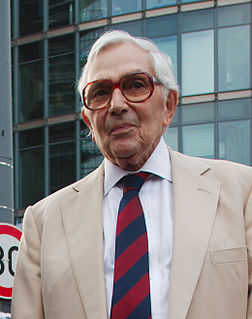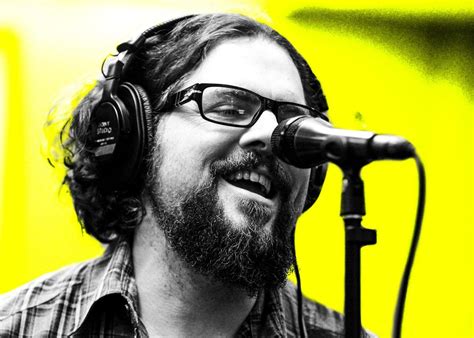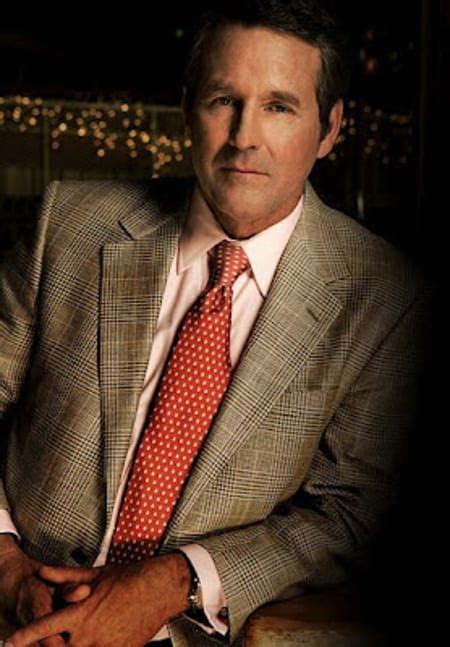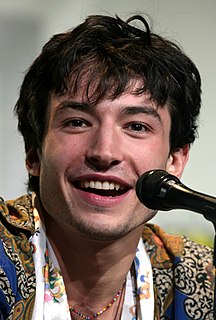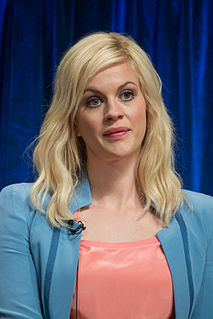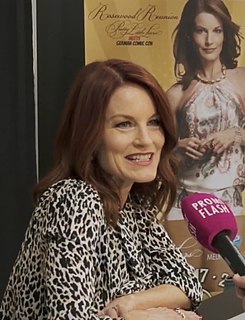A Quote by Ken Adam
What I felt at that time - we're talking about '61 - was that I couldn't remember seeing a film that reflected the age we were living in.
Related Quotes
It wasn't that the teachers were bad. From what I can remember, they were pretty good. It was about the selection of books. It was about not seeing my young life reflected back to me: my family dynamics, the noise and complexities of my neighborhood, the things I loved, like ice cream trucks and Kool-Aid.
It felt really nice to not have anybody talking about numbers, and no one is talking about ratings. From my experience, it felt like there was one person running the ship and it felt like there was space for Jenji to be at the helm. That's not what I've experienced in television before. It felt more akin to an interesting movie, where there were producers who were really excited by the work and wanted to make space for the director's vision to be sort of shared with an audience. It felt more cohesive.
This time, we're living in such a crazy moment in history. People still write and talk about Watergate, which was such a huge, looming backdrop when I was coming of age and when I was a kid growing up. I think we're living in one of those times right now where, in 20 years, people will be writing and talking about it.
We’re not living in an age of no hope. We are living in the age of choice, which is much scarier. It means that what we do every day matters, which is always a bummer for humans. But it’s a great thing and it’s inspirational and we need to remember that. We have a long way to go and not a long time to get there.
I came to realize that I was always looking for myself in the women I loved. I looked at their lovely, clean faces, and saw myself reflected in them. They, on the other hand, looked at me and saw the dirt on my face and, however intelligent and self confident they were, they ended up seeing themselves reflected in me and thinking that they were worse than they were. Please don't let that happen to you.
I remembered this one time that I never told anybody about. The time we were walking. Just the three of us. I was in the middle. I don't remember where we were walking to or where we were walking from. I just remember the season. I just remember walking between them and feeling for the first time that I belonged somewhere
I was on 'Melrose' at a time where we had to all go home and be there at the same time when the show was on, or set your VCR. But that was a big thing, and people of my generation still talk about that. They remember where they were, at what point of their lives that show came, and then talking about it the next day.
I think the music reflects the state that the society is in. It doesn't suggest the state. I think the poets and musicians and artists are of the age - not only do they lead the age on, but they also reflect that age. [...] Like The Beatles. We came out of Liverpool and we reflected our background and we reflected our thoughts in what we sang, and that's all people are doing.
Nobody who comes out of the movie [Aquarius] focuses on those [sexual] scenes, because they are not the heart of the film. They are a consequence of the story, but I don't remember hearing audiences talking about them afterward. They came out discussing themes of resistance, history and memory. They're talking about the beauty of the self and how it can become demolished.
